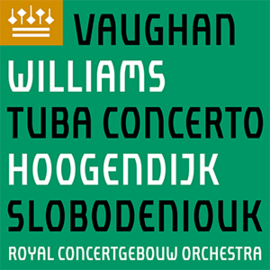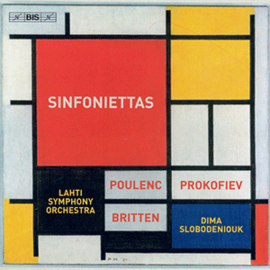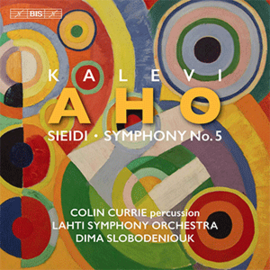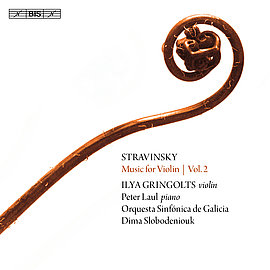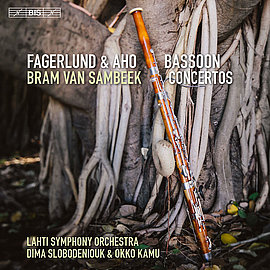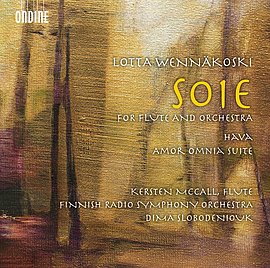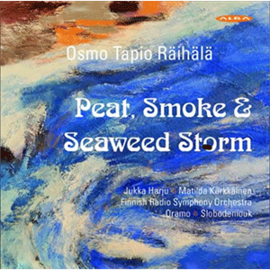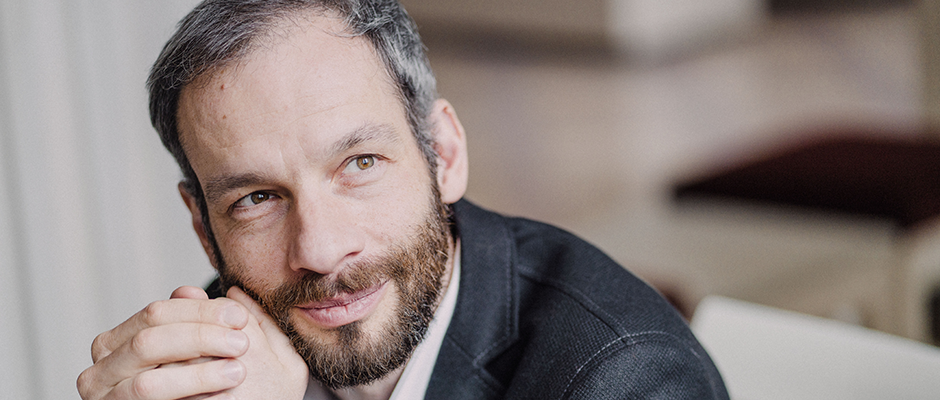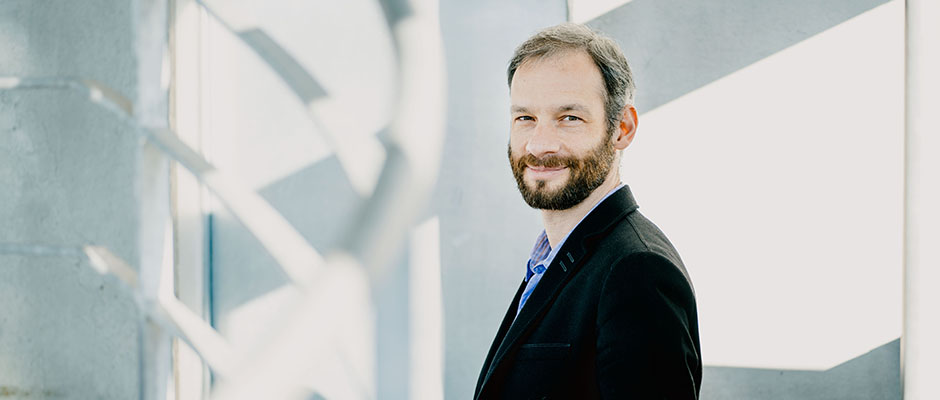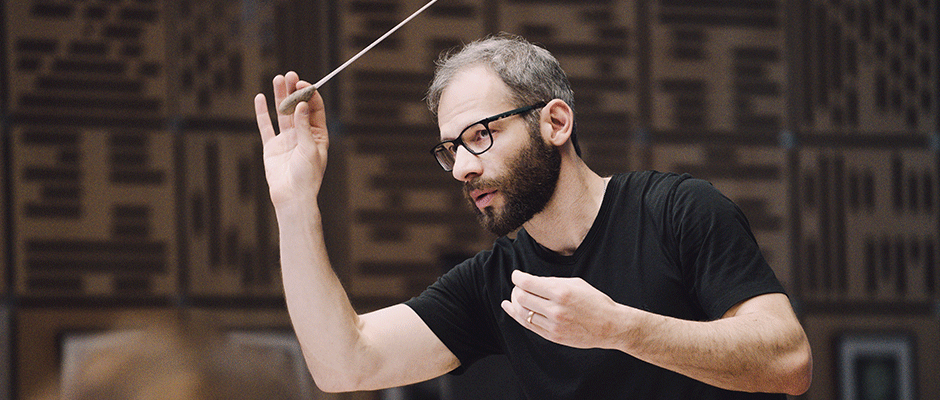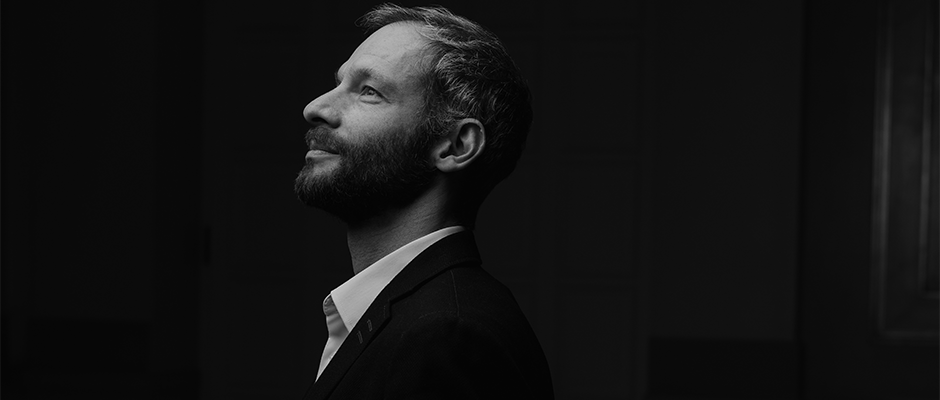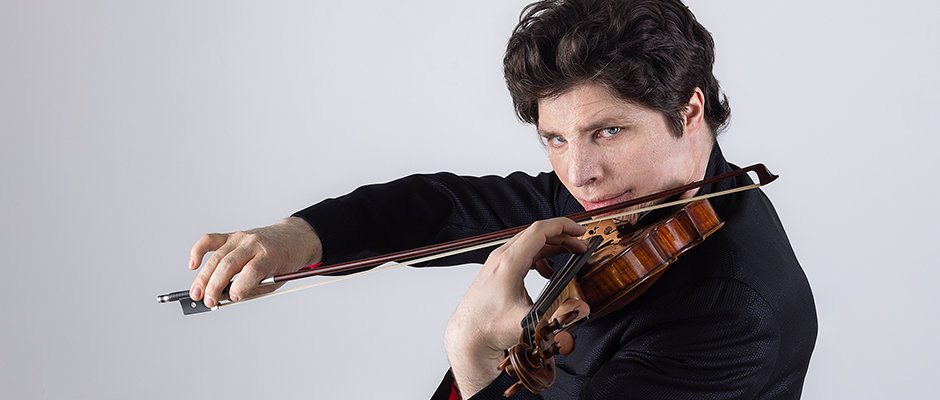
|
Conductor |
|
Dima Slobodeniouk |
Biography – about the artist.
Praised for his exhilarating approach and energetic leadership by musicians and audiences alike, Dima Slobodeniouk has become one of the most sought-after conductors of his generation.
Slobodeniouk works with the world’s foremost orchestras, including the New York Philharmonic, Boston Symphony Orchestra, London Symphony Orchestra, Berliner Philharmoniker, Gewandhausorchester Leipzig, Münchner Philharmoniker, Wiener Symphoniker, Tonhalle-Orchester Zürich, Concertgebouworkest Amsterdam, and NHK Symphony Orchestra.
In the 2024/25 season, Dima Slobodeniouk will make debuts with the Los Angeles Philharmonic and Chicago Symphony Orchestra. He opens the season with a series of concerts at Aspen Music Festival and the Tanglewood Music Festival, before embarking on a tour with the New Zealand Symphony Orchestra and Augustin Hadelich. He will return to orchestras such as the Orchestre Philharmonique de Radio France, Orchestra de Paris, Berliner Philharmoniker, Dresdner Philharmonie and Netherlands Philharmonic Orchestra. Further afield he will conduct the Boston Symphony Orchestra, Pittsburgh Symphony Orchestra and NHK Symphony Orchestra Japan. In the opera pit, Dima Slobodeniouk leads a series of performances of Modest Mussorgsky’s ‘Boris Godunov’ at the Savonlinna Opera Festival in his home country of Finland.
Soloists with whom he has collaborated include Leif Ove Andsnes, Martha Argerich, Emanuel Ax, Khatia Buniatishvili, Seong-Jin Cho, Isabelle Faust, Kirill Gerstein, Barbara Hannigan, Håkan Hardenberger, Martin Helmchen, Alexandre Kantorow, Patricia Kopachinskja, Beatrice Rana, Baiba Skride, Yuja Wang, and Frank Peter Zimmermann.
Known for his musical expertise and interpretive depth, Slobodeniouk is also an acclaimed recording artist. Recent notable recordings include Esa-Pekka Salonen’s Cello Concerto with Rotterdam Philharmonic Orchestra and Nicolas Altstaedt (Alpha) for which he received an ICMA Award. His latest release on the BIS label are Stravinsky’s Symphony in Three Movements and Symphony in C, which he recorded with Orquesta Sinfónica de Galicia where he was Music Director until 2022. Other releases on this label include the works of Kalevi Aho with the Lahti Symphony Orchestra, winner of the 2018 BBC Music Magazine Award, a later disc of Aho's "Sieidi" and his Fifth Symphony, as well as a disc featuring music inspired by the Finnish folk epic, the Kalevala. For the Ondine label, Dima Slobodeniouk recorded works by Perttu Haapanen and Lotta Wennäkoski with the Finnish Radio Symphony Orchestra.
Dima Slobodeniouk studied with the Ukrainian violinist Olga Parkhomenko at Helsinki’s Sibelius Academy, where he graduated in 2001. It was there that he also took up his conducting studies with Leif Segerstam, Jorma Panula, and Atso Almila.
He was Music Director of the Orquesta Sinfónica de Galicia from 2013 to 2022, Principal Conductor of the Lahti Symphony Orchestra from 2016 to 2021, and the Artistic Director of the Sibelius Festival. Together with the Orquesta Sinfónica de Galicia, he has built an extensive and highly acclaimed media library of live concert recordings in recent years. A passionate believer in widening opportunity, he started a conducting initiative whilst at the Orquesta Sinfónica de Galicia, giving aspiring conductors podium time with a professional orchestra and the opportunity to work with him on selected repertoire.
SEASON 2024/2025
The next dates:
Your contact persons:
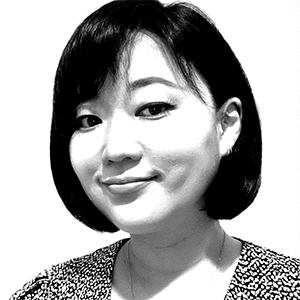

Listen, See & feel the music.
Picture Gallery
You need high-resolution images and biographies? Please use this short form. We will send you a download link soon.
Video
Need more material? Feel free to ask:
Discography.
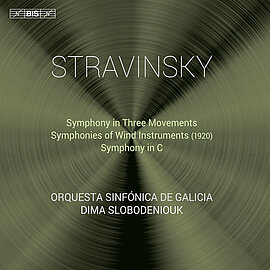
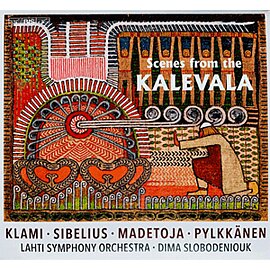
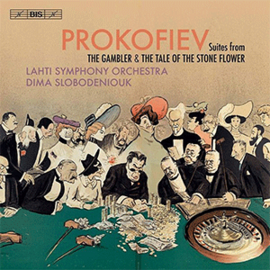

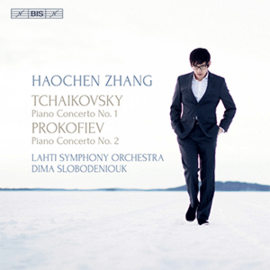
News.
Press.
„The dark plangency of tonal colours which Slobodeniouk found not only here but elsewhere was quite remarkable.“
„Dima Slobodeniouk, who stood in for Semyon Bychkov, demonstrated a very precise and calmly organised hand (...). The Philharmonic thanked him with great precision and a relaxed sound“
„The new year is not even a month old and the orchestra has already lodged one brilliant Beethoven performance, courtesy of guest conductor Dima Slobodeniouk. The Moscow native set a high bar Thursday night with a sensitive, athletic interpretation of the rhythmically vibrant Symphony No. 7.“
„He paid careful attention to nuances in dynamics and phrasing. It all felt natural and organic.“
„But there was collective strength as well. To the extent Nielsen had conflict in mind as he penned this restless music, Slobodeniouk conveyed it with force, marshalling wave upon aggressive wave and deriving new momentum from counterpoint.“
„This week, with the dynamo conductor Dima Slobodeniouk making his Symphony Hall debut, the BSO combined Elgar’s pensive Cello Concerto with two paths-less-travelled in the form of Sibelius’s “Pohjola’s Daughter” and Nielsen’s Symphony No. 5.“
 Dima Slobodeniouk © Marco Borggreve
Dima Slobodeniouk © Marco Borggreve
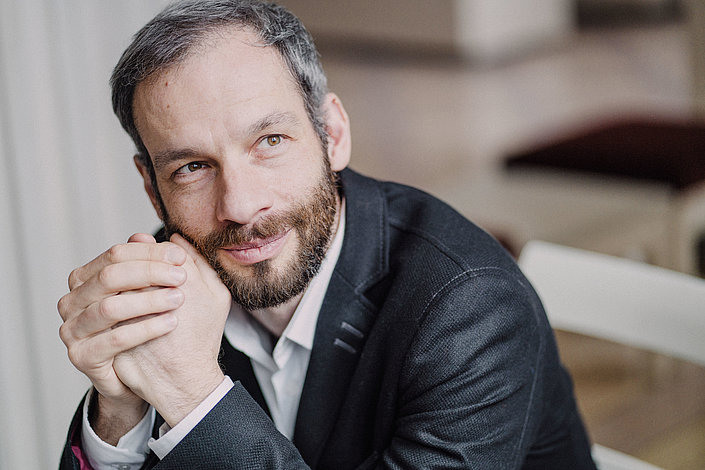 Dima Slobodeniouk © Marco Borggreve
Dima Slobodeniouk © Marco Borggreve
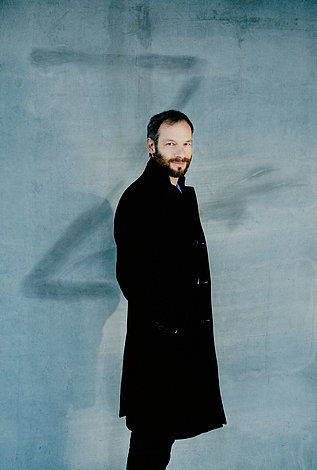 Dima Slobodeniouk © Marco Borggreve
Dima Slobodeniouk © Marco Borggreve
 Dima Slobodeniouk © Marco Borggreve
Dima Slobodeniouk © Marco Borggreve
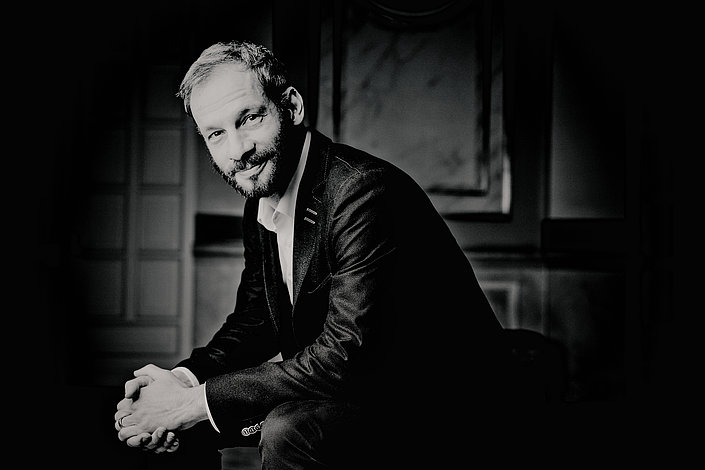 Dima Slobodeniouk © Marco Borggreve
Dima Slobodeniouk © Marco Borggreve
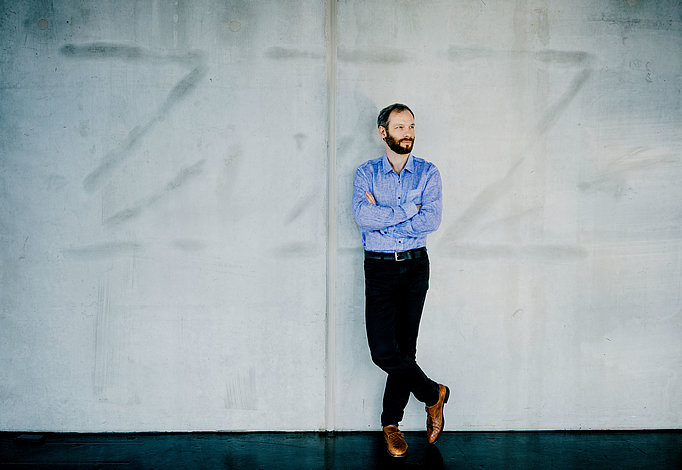 Dima Slobodeniouk © Marco Borggreve
Dima Slobodeniouk © Marco Borggreve
 Dima Slobodeniouk © Marco Borggreve
Dima Slobodeniouk © Marco Borggreve
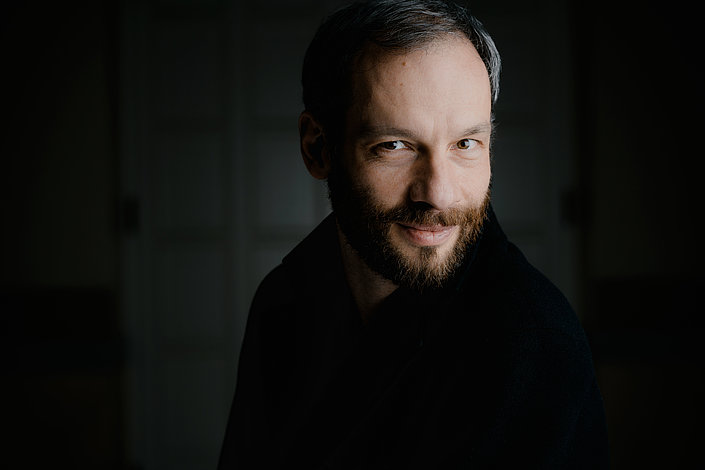 Dima Slobodeniouk © Marco Borggreve
Dima Slobodeniouk © Marco Borggreve
 Dima Slobodeniouk © Marco Borggreve
Dima Slobodeniouk © Marco Borggreve
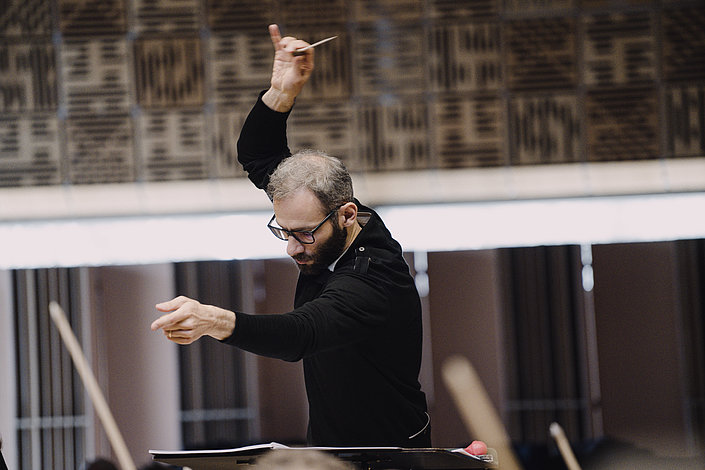 Dima Slobodeniouk © Marco Borggreve
Dima Slobodeniouk © Marco Borggreve
